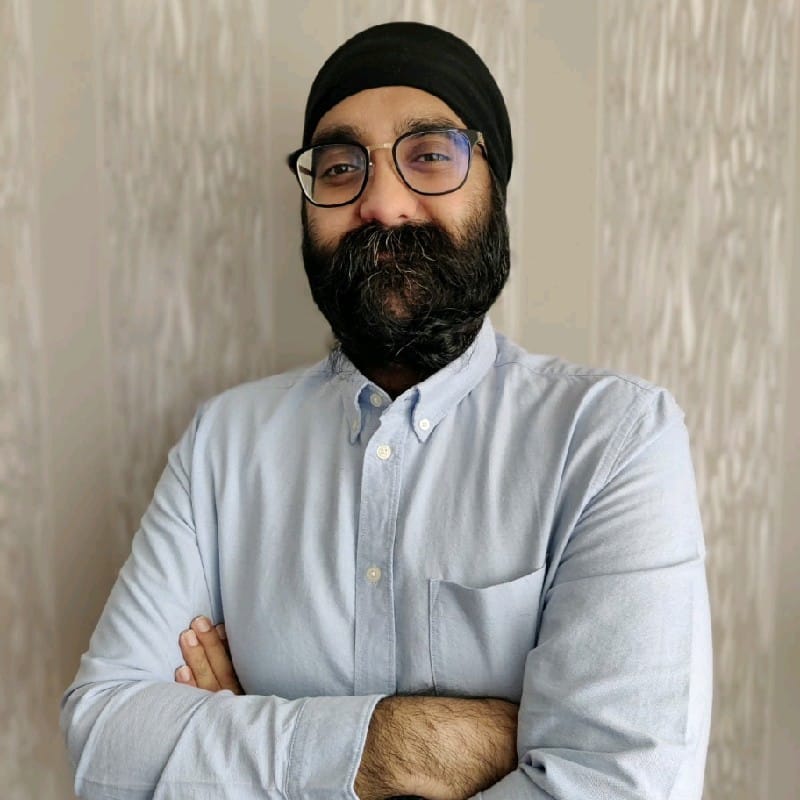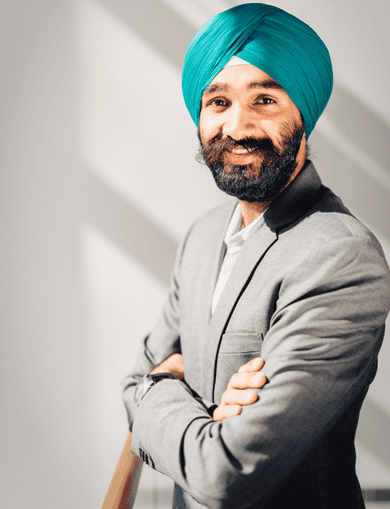The things that don’t matter anymore (and the ones that still do).
By Nina Phichitsingh
Without a doubt, the COVID-19 pandemic has greatly altered the way we think, feel and react. There are aspects of our everyday lives that have started to matter a lot more and, on the flipside, multiple aspects that matter less or have stopped mattering at all. I opened a discussion with four community members, asking them what material items, situations, feelings, etc. have stopped mattering to them over the last few years. With candour, they fill me in on how the pandemic has changed them for the better, and the things that matter the most now.
RASHMEEN DOOWA
What Doesn’t Matter Anymore:
· Worrying about the future
· Dressing to impress
· Accumulating material items
After the pandemic, there have been a few things that don’t matter to me anymore. Firstly, the act of worrying or thinking too much about tomorrow. Life is meant to be lived, whatever our circumstances. The pandemic has taught me that you can be creative with living and having fun, even with restrictions around.
Secondly, dressing to impress never had, and still doesn’t have, any value to me, especially with the long gap of in-person meet ups. I now look forward to meeting and connecting meaningfully, and not bothering about my attire or making an impression.
Finally, I have lost interest in gathering more materialistic things, which are so easy to collect. However, they cannot substitute the external experiences that we have been deprived of during the pandemic restrictions. I now look forward to outdoor adventures, of all sorts, even more. During the summer, I went out into the woods for long hikes and I also picked up the sport of mountain biking. Now, since it’s winter here in Sweden, I have been spending almost every other weekend on the ski slopes. These activities enable me to experience the thrill of speed, refresh my body, and give me the courage to face life’s different curveballs and obstacles. If there is anything that matters more to me after the pandemic, it’s living life one day at a time and being one with nature!
SANEH MADAN
What Doesn’t Matter Anymore:
· Hustle culture
Over the past two years, the pandemic and its associated ills – be they social, financial or health-related – have laid bare what I’ve always known to be true, but never had to reckon with until now. Namely, that we have glorified ‘hustle culture’ and the need to sacrifice happiness and well-being today, to reap some hypothetical rewards in some distant future – a future, as COVID has shown us, over which we have no control.
We went into lockdown in March of 2020, a terrible situation overall, but a welcome respite for me considering how exhausted I was at that time, despite it being just the start of the year. The lockdown was a cause for pause; an opportunity to reassess my life’s goals and to confront the looming spectre of burnout.
I believe that sincere work, carried out in a focused manner over a sustained period, with mindful application of work-life balance, is an antithesis to hustle culture glorification, and the relentless rat race from which I have now actively sought to remove myself.
As a result, I’ve chosen to prioritise my health and well-being, allocating time to exercise, to pursue non-work interests, and to get enough rest. There is no reward bigger than good health, a sound mind, and peaceful sleep. I’ve finally realised that some things are worth hustling for.
RUCHIKA THAKRAL
What Doesn’t Matter Anymore:
· Others’ opinions
· Striving for complete perfection
The last few years have taught me to value small joys more than ever. We shouldn’t need to cite a global pandemic to take extra time forourselves and set necessary boundaries. The idea that everyone is doing great at all times, and that we should brush it away if we’re not, no longer matters. Kids and adults, old and young, we have all been under some kind of stress, and I’ve learnt it’s good to be open and honest about it. More empathy, kindness and communication can help us understand each other’s perspectives and choices better.
I’ve found humour in many situations, such as when I was Mary Kondo and finding what sparks joy, all while an adorable kid kept trying to hold on to every piece of junk for an arts-and-craft activity. It might be frustrating, but it’s funny at the same time.
There is so much to be thankful for, and we’ve learnt that with the unpredictability of life, you don’t want to leave any love unspoken. If you want to reach out and say something to someone, or do something you’ve always wanted to, then go ahead. Do your best and understand that opinions don’t define your reality and judgments are never about you.
I feel grateful to have had the time and ability to make certain life choices while many people around the world are facing struggles they did not ask for. To have a chance to train my mind towards optimism is a precious privilege to have, especially in uncertainty, so I’m going to hang onto it where I can.
KARAMVEER SINGH
What doesn’t matter anymore:
· In management: having your team physically present
· In day-to-day life: eating out at restaurants
The pandemic brought in new boundaries and conditions that majorly changed the way we look at the different dimensions of our lives.
I stepped into a new role at the start of the pandemic, where I was responsible for managing a team of 20 strategy professionals. Previously, the modus operandi of a text book manager was that one needs to have all the members co-located on site to effectively manage the team. My experience of managing a new team remotely taught me that having team members around you all the time is not necessary. With a growth mindset in the team, we were able to build a good team rapport with a balanced focus on results, progress, peer support and mental well-being.
My perspective of working hard has changed. One important thing that the pandemic has taught me is it doesn’t really matter how hard you work, but actually how smart and creatively you work. This was true earlier, but I think the limitations the pandemic brought about reinforced the need for this tactic.
As we were not able to go out much, and we didn’t have the luxury of Grab or Foodpanda in Sweden to access Bangkok’s food paradise, we started spending more time cooking various cuisines and fusion-style food at home. Earlier, I would always go out for lunch, but now I enjoy cooking and having freshly-made meals for lunch at home. As a foodie, I love cooking and now I am into it even more. That means going out doesn’t matter anymore!










